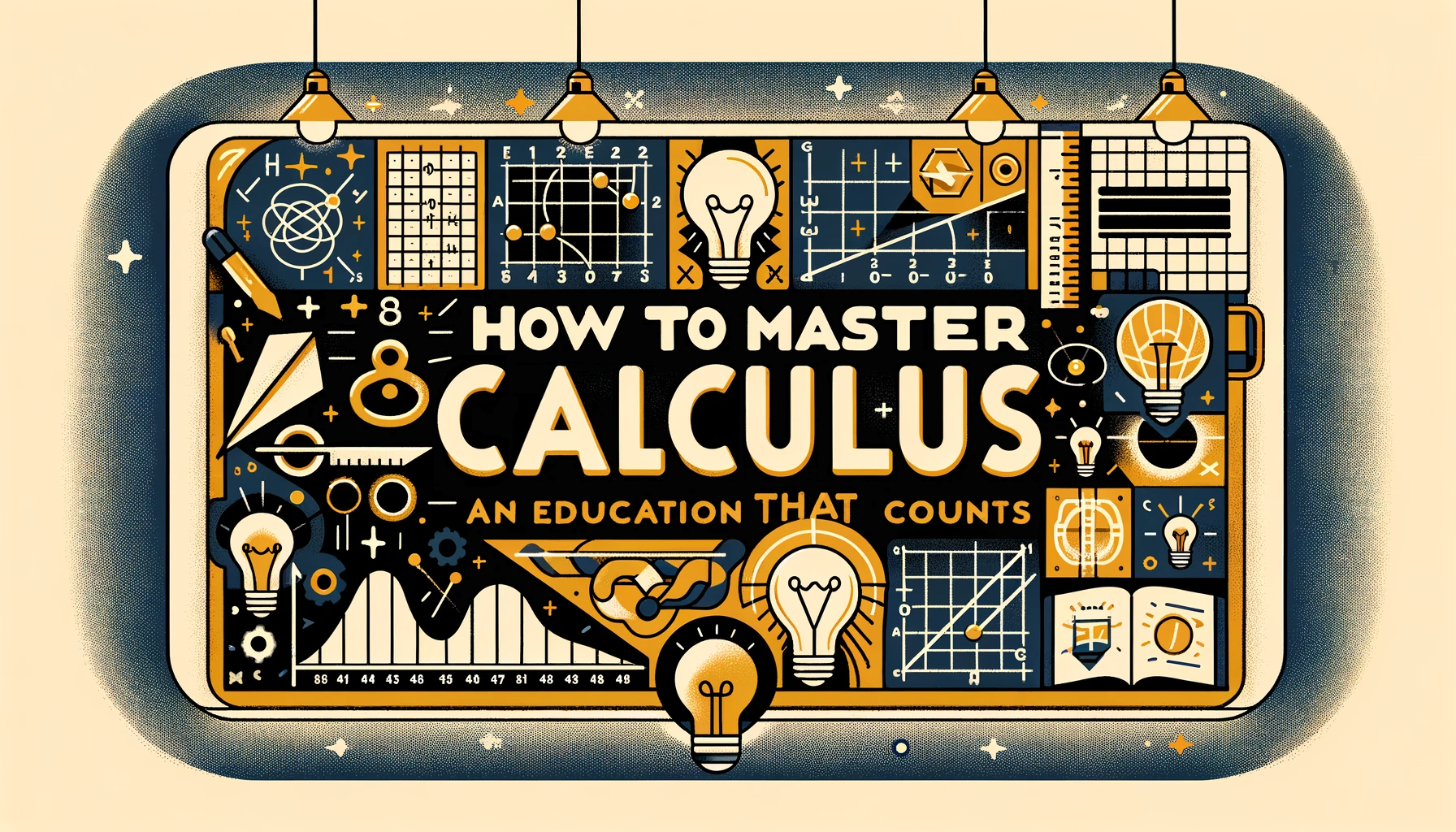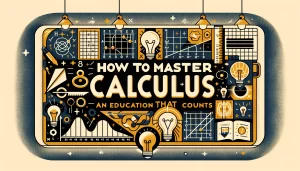Introduction: Navigating the Pre-Calculus to Calculus Transition
The transition from pre-calculus to calculus is a significant academic step for many high school students. For parents like Ellen and Mike, whose daughter, Jenna, is about to embark on this journey, understanding how to support this transition effectively is crucial. Calculus introduces new concepts and a higher level of mathematical abstraction, which can be challenging for students who are still consolidating their pre-calculus knowledge. This article aims to provide parents with practical strategies to help their child smoothly transition from pre-calculus to calculus, enhancing their understanding and performance in this advanced subject.
Understanding the Importance of a Solid Pre-Calculus Foundation
A strong foundation in pre-calculus is essential for success in calculus. Pre-calculus concepts like functions, trigonometry, and algebraic manipulation form the bedrock upon which calculus is built. Ensuring that Jenna has a firm grasp of these topics is the first step in preparing her for the challenges of calculus.
Identifying Gaps in Pre-Calculus Knowledge
Before Jenna begins her calculus course, it’s important to assess her understanding of pre-calculus concepts. Parents can review her previous coursework, check her grades, or even consider a pre-calculus refresher course if necessary. Addressing any gaps in knowledge early can prevent future struggles in calculus.
Fostering a Deeper Understanding of Key Concepts
Encourage Jenna not just to memorize pre-calculus formulas but to understand the reasoning behind them. This deeper comprehension will be invaluable when she encounters more complex problems in calculus. Engaging her in discussions about mathematical concepts and their real-world applications can also enhance her understanding.
Utilizing Online Resources for Review
The internet is a treasure trove of educational resources that can aid in reviewing pre-calculus concepts. Encourage Jenna to use online tutorials, educational websites, and interactive tools to reinforce her pre-calculus knowledge. Keywords like “pre-calculus review” or “pre-calculus tutorials” can be used to find helpful resources.
Encouraging Active Participation in Pre-Calculus Classes
If Jenna is still in her pre-calculus course, encourage her to participate in class actively. Asking questions, engaging in discussions, and seeking clarification on difficult topics can solidify her understanding and prepare her for calculus.
Introducing Basic Calculus Concepts Early
Introducing Jenna to basic calculus concepts, such as limits and derivatives, before she officially starts the course can be beneficial. This early exposure can demystify calculus and make the transition smoother. Parents can use simple explanations and everyday examples to illustrate these concepts.
Setting Realistic Expectations
Setting realistic expectations about the challenges of calculus can mentally prepare Jenna for the transition. Acknowledge that it is normal to find calculus challenging and that struggling at first does not indicate a lack of ability or intelligence.
Encouraging a Positive Attitude Towards Learning
A positive attitude towards learning is crucial during this transition. Encourage Jenna to view challenges as opportunities for growth and to maintain a positive outlook even when faced with difficult calculus problems.
Establishing a Consistent Study Routine
A consistent study routine is important in managing the increased workload and complexity of calculus. Help Jenna establish a regular study schedule that allocates time for reviewing pre-calculus concepts while gradually introducing calculus material.
Seeking Help from Teachers and Tutors
Encourage Jenna to seek help from her teachers or consider hiring a tutor if she struggles with the transition. A tutor specializing in calculus can provide personalized instruction and bridge any gaps in her understanding. Use keywords like “calculus tutor near me” or “calculus help” to find qualified tutors.
Incorporating Technology and Apps
Leverage technology and educational apps to make learning more interactive and engaging. There are numerous apps and online platforms designed to aid in understanding both pre-calculus and calculus concepts.
Promoting Group Study and Peer Learning
Group study sessions with classmates who are also transitioning to calculus can be beneficial. Discussing concepts and solving problems together can provide different perspectives and problem-solving strategies.
Balancing Academic Pressure with Well-being
It’s important to balance academic pressure with Jenna’s overall well-being. Ensure she takes breaks, engages in extracurricular activities, and maintains a healthy lifestyle to prevent burnout.
Conclusion: Supporting a Smooth Transition to Calculus
By implementing these strategies, parents can play a vital role in supporting their child’s transition from pre-calculus to calculus. From reinforcing pre-calculus foundations to introducing basic calculus concepts and maintaining a positive learning environment, these steps are designed to streamline the transition, making calculus a more manageable and less intimidating subject. With the right approach and support, students can successfully navigate this important academic milestone.





